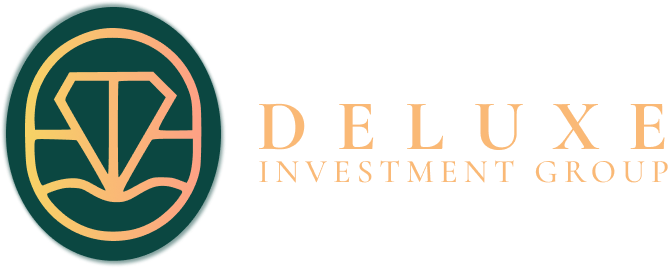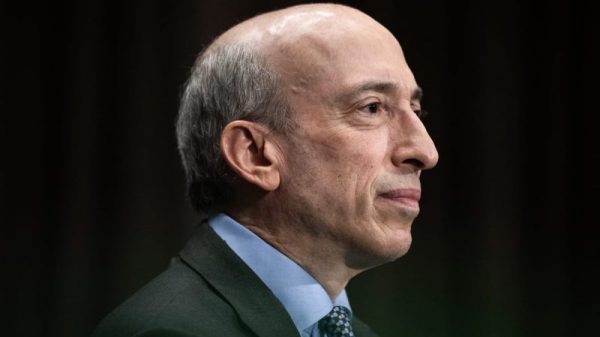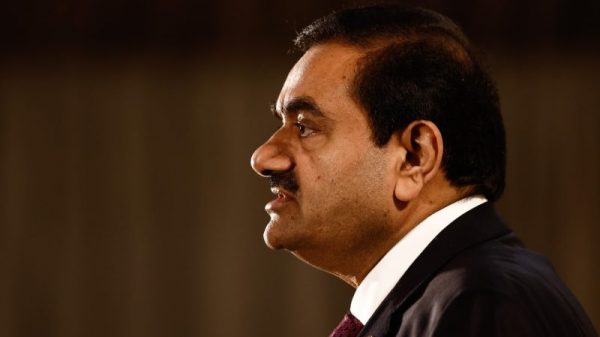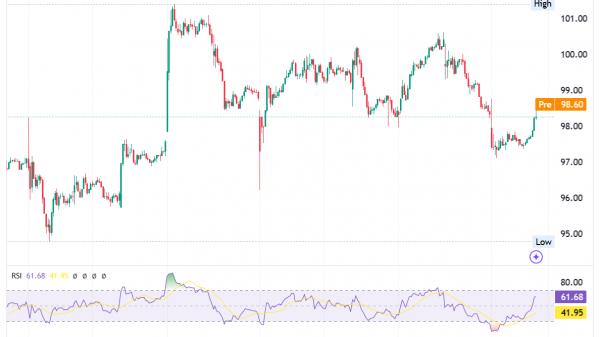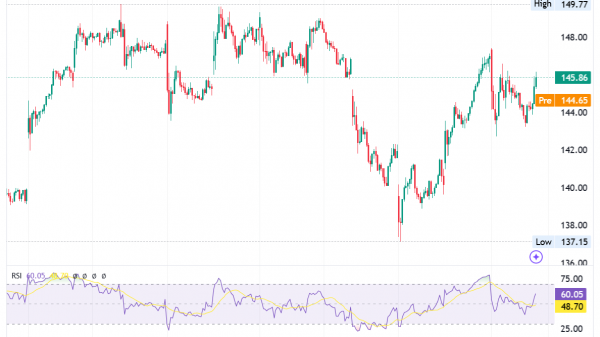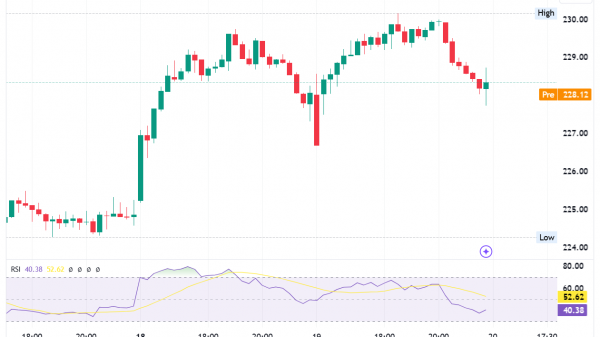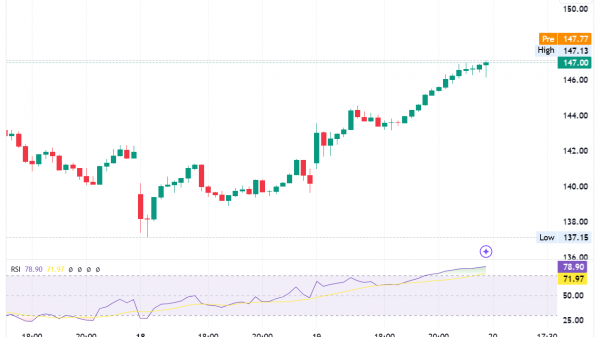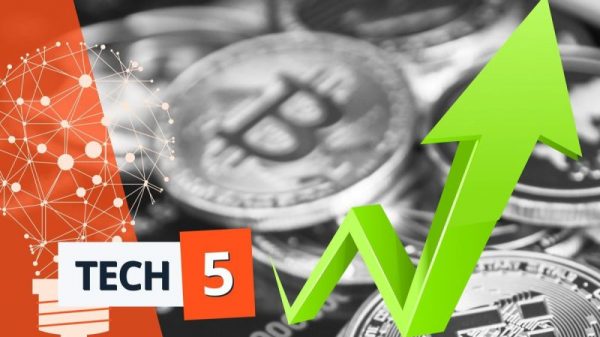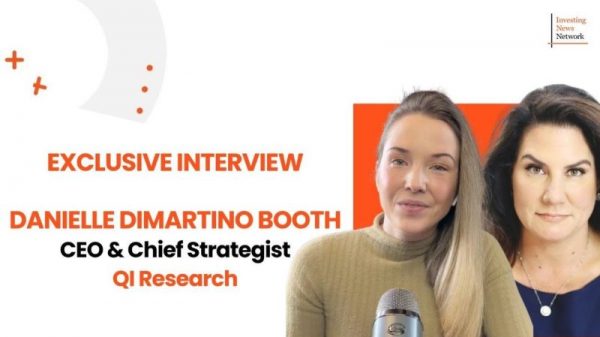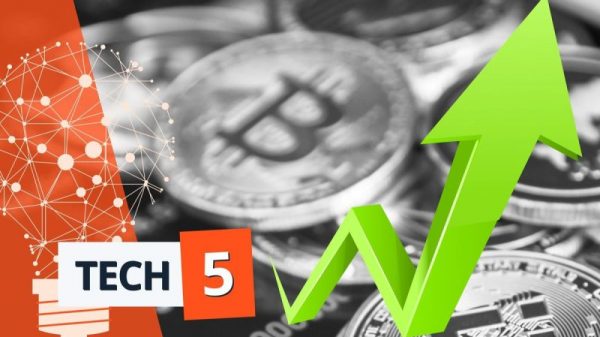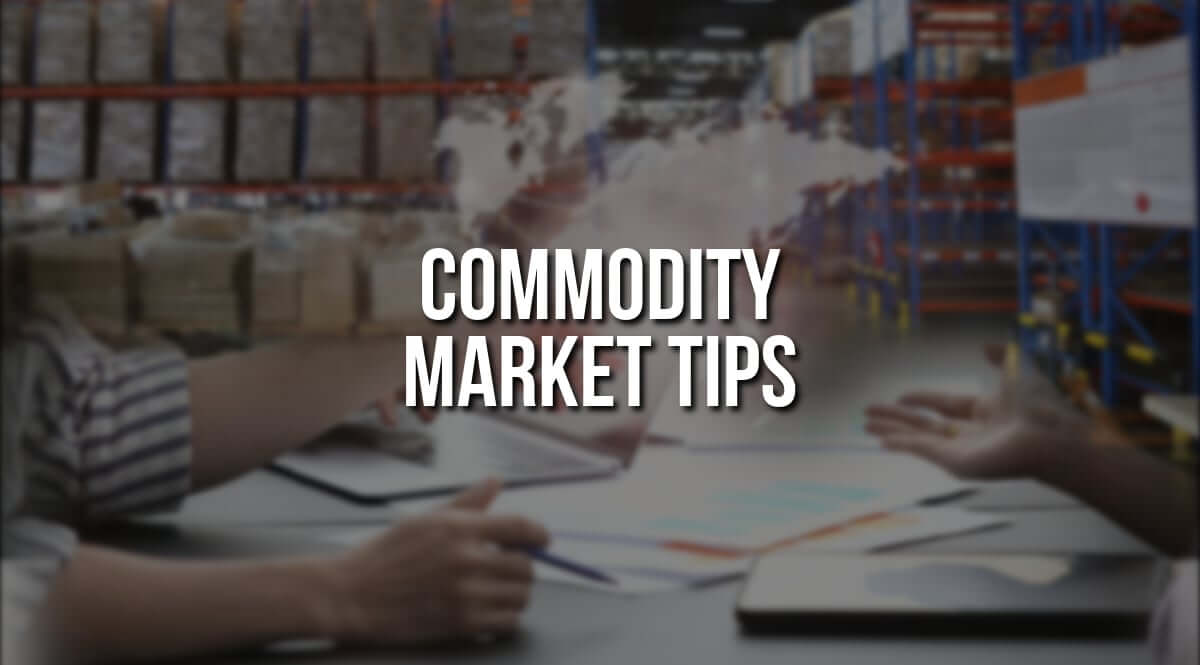Commodity market tips for beginner traders
While the price of commodities was at the heart of all speculation in 2022 in 2023, tensions on energy prices remain relevant. The price of gold has experienced a period of increase since the start of the banking sector crisis in March 2023. In such a context, why and how to invest in commodities in 2023? Here are some commodity market tips for beginner traders. Discover the best commodity trading instruments, ways and strategies for investment.
Commodity market tips: What are commodities?
Commodities are the natural resources necessary to manufacture a good or product. All materials used to manufacture a good can be considered as commodities.
There are 4 main categories of commodities:
Energy commodities: fossil fuels such as oil, coal or gas. These are rather rare commodities because their quantity is limited.
Agricultural commodities: wheat, corn, cotton, sugar, coffee or even cocoa, for example.
Industrial metals: metals mainly used for industrial activities, such as iron, copper or zinc, aluminium, nickel, cobalt, steel or even lead.
Precious metals are considered rare due to their high production costs and sometimes difficult extraction, such as gold, silver, palladium or platinum.
Who Sets the Price of Commodities? Demand and supply play a big role in how commodities are priced in the market. When supply is low, demand is high, which leads to higher prices.
Today, financial markets offer several solutions to investors wishing to invest in commodities. Depending on their risk profile and the desired profitability, investors will be able to invest in commodities through financial instruments offering different advantages and risks.
Commodity market tips: the best ways to trade commodities
Investing in commodities directly
It is possible to buy the raw material directly, that is, to physically own it. This is the case for precious metals, such as gold, in the form of bars or coins. Additionally, gold can be a good investment in times of war and instability because it is considered a safe haven.
Investing in commodities with ETFs
ETFs are exchange-traded funds that can be invested in relatively easily. They generally follow benchmark indices, which comprise a group of assets (commodities, for example).
Therefore, you can invest in commodities indirectly by investing in ETFs whose reference index comprises commodities. However, in this way, we do not directly own the asset(s) since companies manage these ETFs.
Investing in commodities with traditional UCITS
UCITS or Undertakings for the Collective Investment in Transferable Securities allow, by delegating management to a manager, to invest in companies and, in this case, companies in the commodities sector. This allows you to be exposed to changes in commodity prices.
Investing in commodities with derivatives
here are a multitude of derivative products available in financial markets. We have chosen to present to you the two main ones used to invest in commodities.
First of all, options, these derivative products give the right to buy or sell several underlying assets (shares, currencies, etc.) during a period and at a price agreed in advance. They allow you to buy the settlement at the end of the contract, unlike futures contracts.
Contracts for difference (CFD) allow you to follow an asset’s upward and downward evolution. Contracts for difference are also leveraged financial instruments. This allows investors to multiply their profit and loss in the event of poor anticipation.
Investing in commodities via the stock market
Investing in stocks is another way for investors to invest in commodities indirectly. For example, if you decide to invest indirectly in oil, you can then buy shares in the TotalEnergies group, Exxon or even BP.
Indeed, these companies whose activity is based on oil exploitation directly depend on factors which have consequences on oil prices, such as OPEC+ decisions, the impact of the drop or increase in demand or even weather conditions which can impact production. Thus, this allows both investing in commodities and benefiting from the advantages conferred by stocks such as dividends.
Which is the best commodity tips provider?
Some of the best live commodity tips you will find on websites like Dailyfx intradaycommodity.com. One of the most popular platforms for commodity training tips is mcxcommoditytips.com.
Which commodity is most profitable?
So, which commodity is best for trading? There is a really wide range of commodities you can trade on training platforms. However, the most profitable commodities to trade in 2023 are:
Crude Oil.
Corn
Wheat
Aluminium. …
Copper. …
Cotton
Natural Gas. …
Gold.
What is the best commodity trading strategy?
Using moving averages indicators is one of the most common strategies for Commodity trading. It is a valuable indicator that takes an asset’s average price for a specific period, short-term or long term, while smoothing out irrelevant prices by taking an average price.
What is the best timeframe to trade commodities?
Commodity market’s opening hours are some of the best times to trade. At the opening hours there is a high liquidity and trading volumes make entering or exiting a trade easier.
What is the best trading platform for commodity trading?
Pepperstone: Best for trading commodities futures on MT4 & MT5.
Tickmill: MT4, MT5 & CQG commodity trading platforms.
Saxo Markets: Best for direct market access commodity trading.
IG: Best for high-volume commodity traders.
eToro: Good for social and copy commodities trading.
Commodity market tips for Beginners: Conclusion
Commodities are a relatively complex asset class because, as mentioned above, they are subject to a number of factors that directly influence the supply and demand for these assets.
They are characterized by significant volatility due to the number of factors that cannot be controlled or even predicted.
This is why it is wiser when starting trading on commodities to focus on one or two commodities in order to correctly assimilate the issues and the environment of these assets. The choice of the financial instrument with which one wishes to invest must also be studied beforehand in order to have a trading strategy adapted to the risk profile of the investor.
The post Commodity market tips for beginner traders appeared first on FinanceBrokerage.
